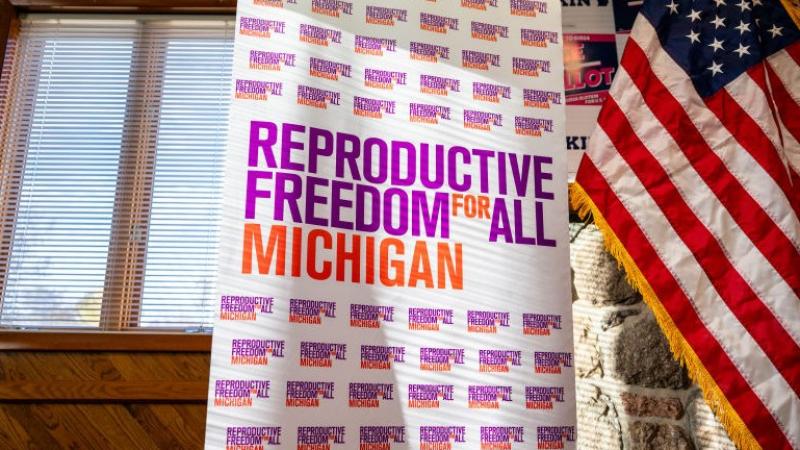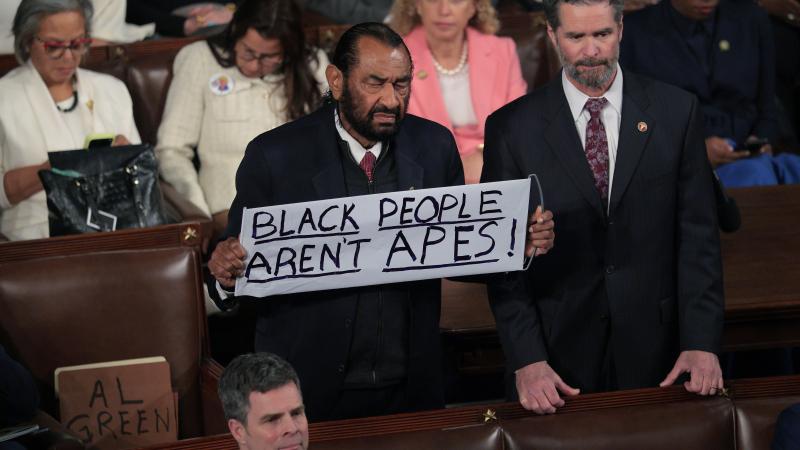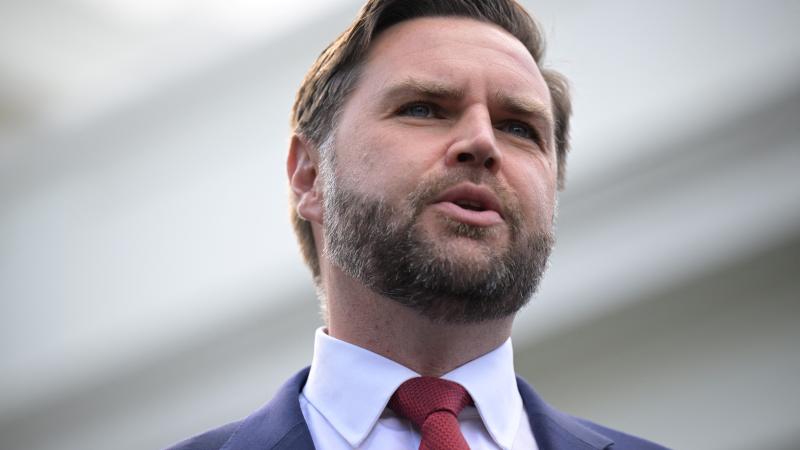Appeals court resurrects lawsuit against New York requiring pro-life groups to hire pro-choicers
Empire State must meet "strict scrutiny" standard of judicial review — a compelling government interest in regulating the "expressive association" of pregnancy centers via the "least restrictive means," 2nd Circuit rules.
Mission-driven organizations often fight laws and policies that require them to accept individuals at odds with their mission, notably those in same-sex relationships for leadership and employment within Christian organizations.
Pro-life individuals and pregnancy centers routinely face limits on their advocacy and even threats to their existence from so-called buffer zone laws outside abortion facilities and Democratic attorneys general who see them as inherently deceptive.
New York took the unusual step in 2019 of combining these restrictions into a single law, signed by then-Gov. Andrew Cuomo, that prohibits "discrimination based on an individual's or a dependent's reproductive health decision making," depriving religious and secular pro-life organizations their ability to associate with only those who share their values.
The 2nd U.S. Circuit Court of Appeals revived a lawsuit against the so-called "Boss Bill" (SB 660) Thursday, four and a half years after a district court dismissed all but one claim by two pregnancy center networks and a church, citing its February 2023 ruling that the law plausibly forced another pregnancy center network to hire those who act against its "very mission."
That network, the Evergreen Association, sued in 2020 represented by the Thomas More Society, and argued that "being forced to hire employees who have had abortions" and did "not regret" them, "or would opt for an abortion in the future," would weaken its "mission to encourage expectant mothers to choose life" and its pro-life message.
The New York City-based appeals court had rebuked the district court for finding the burden on the Evergreen Association's "expressive association" was "minimal." It required the Empire State to meet the "strict scrutiny" standard of judicial review – a compelling government interest in regulating expression via the "least restrictive means."
It's not clear why the 2nd Circuit took nearly two years to apply that ruling to the earlier case by CompassCare, National Institute of Family and Life Advocates and First Bible Baptist Church. The appeals court heard oral argument more than a year ago with their counsel, the Alliance Defending Freedom, known for its stellar record in Supreme Court cases.
CompassCare and NIFLA are also plaintiffs in state and federal lawsuits against New York Attorney General Letitia James for her threats to sanction them for promoting so-called abortion pill reversal – using supplemental progesterone, a pregnancy hormone, to counteract the abortifacient mifepristone, a protocol that a reproductive researcher said makes "biological sense."
Like the Evergreen Association, which is still arguing its case in district court on remand, the two networks and church will now return to the district court that junked nearly all their case in 2022. For both cases, only their expressive-association claims were reinstated.
The 2nd Circuit panel notably included two judges nominated by President Joe Biden, Sarah Merriam and Myrna Pérez, as well as President George W. Bush nominee Barrington Parker, known for an influential ruling against then-President Trump that has been widely copied to stop public officials from blocking critics on social media.
CompassCare requires staff to be practicing Christians who "believe in and agree to abide by its positional statements on abortion, birth control, religious faith, and organizational principles," according to the opinion by Merriam.
NIFLA "strongly encourages" members to adopt "statements of faith and codes of conduct," and many New York members require all who serve to "live by" their views on "pregnancy, abortion, contraceptive use, and sexual conduct outside the context of a marriage between one man and one woman."
First Bible similarly requires employees as well as volunteers "to abide by and agree with the church’s moral and ethical standards … in both their work life and private life," recognizing that "human life begins at conception" and intentional abortion violates the Bible.
Their only victory before U.S. District Judge James McAvoy, nominated by President Ronald Reagan, was a permanent injunction against a "notice provision" that required employers who issue "employee handbooks" to tell employees about their rights under SB 660, which he found directly contradicts a compelled-speech SCOTUS precedent.
McAvoy also ruled that the law's burden on their desire to terminate or refuse to hire "a person who has made a reproductive health decision, such as having used contraception or had an abortion," was "incidental" to their expressive association.
While SCOTUS upheld the Boy Scouts' right to expel a gay scoutmaster against a New Jersey public accommodations law, the high court has "never explicitly addressed whether, and to what extent, an employer has a right of expressive association with respect to its paid employees," Merriam wrote.
New York waited until the networks and church appealed to argue "for the first time" that expressive association does not apply to employment, claiming the previous ruling for the Evergreen Association "did not explore or litigate … the scope of an employer’s freedom of expressive association," especially whether it's the same as for "voluntary membership associations."
While the state is wrong that "employers have no freedom of expressive association with respect to their relationships with paid employees," the plaintiffs went too far by arguing "employers enjoy precisely the same" rights, when the latter's conditions have been "regulated and closely scrutinized" for years in state and federal courts, Merriam wrote.
She emphasized that none of the plaintiffs had argued "the non-public fact that an employee had an abortion or used a contraceptive years before his or her employment would impact that Plaintiff’s mission sufficiently to infringe its constitutional rights."
Each must show the law threatens their mission "in the context of a specific employment decision … presumably" by assessing the "responsibilities of the position at issue, including whether it is client-facing" and speaks for the organization, and the person's specific conduct or attribute that renders their employment "a threat to the employer’s mission," the opinion said.
"Religious employers are free to hire individuals who share their core beliefs, and no government can force faith-based organizations to contradict those convictions," ADF senior counsel Kevin Theriot said in celebrating the narrow ruling.
The Facts Inside Our Reporter's Notebook
Links
- same-sex relationships for leadership
- employment within Christian organizations
- buffer zone laws outside abortion facilities
- Democratic attorneys general who see them as inherently deceptive
- 2nd U.S. Circuit Court of Appeals revived
- SB 660
- district court dismissed all but one claim
- its February 2023 ruling
- argued that "being forced to hire employees who have had abortions
- earlier case by CompassCare
- The appeals court heard oral argument
- state and federal lawsuits against New York AG Letitia James
- protocol that a reproductive researcher said makes "biological sense
- junked nearly all their case in 2022















